

The International Trade Union Confederation has published a new report about governments’ responses to the COVID-19 pandemic in Asia-Pacific and whether these are in line with the SDGs.
Entitled “SDGs for recovery and resilience – Case studies: Bangladesh, Indonesia and Mongolia” the report shows that decision-makers in Asia-Pacific should move away from "business-as-usual" if they truly want their countries to recover sustainably from the COVID-19 crisis, with a strengthened resilience to face future shocks. Most of the measures put in place by governments in the region to address the impact of the pandemic are aiming at attracting investments at the cost of undermining trade unionism and reducing workers’ rights. This research demonstrates that the current trajectory chosen by most governments in Asia-Pacific is doomed to fail and will only deepen further the massive inequality, poverty, and environmental challenges that already exist in the region.
“Asia-Pacific cannot build back sustainably if governments continue to neglect the urgent need of addressing inequality, decent work and sustainability. They must realise that the cost of doing nothing or taking the business-as-usual approach in tackling the interlinked challenges of the economic crisis, global health pandemic, and climate emergency will be much higher in the near future than if they adopt and implement transformative measures now,” said Shoya Yoshida, General Secretary of the ITUC-Asia Pacific
Asia-Pacific has suffered some of the most dramatic social, economic and health impacts of the pandemic. According to the International Labour Organization, 81 million workers in the region lost their jobs in 2020. Furthermore, the COVID-19 crisis has profoundly deepened inequalities both within and amongst the region’s countries. This situation has also negatively impacted the region’s already limited progress in the implementation of the Sustainable Development Goals (SDGs). The United Nations Economic and Social Commission for Asia and the Pacific estimated in 2020 that the region would achieve less than 10 per cent of its SDG targets, with SDG 8 (on decent work and economic growth) being one of the biggest areas of concern.
The research shows that, contrary to what has been mostly done in the region, solid responses to the COVID-19 crisis require promoting genuine, transparent and sustained social dialogue between governments and the social partners, which translates into a truly inclusive recovery based on investing in decent, climate-friendly jobs with just transitions; guaranteeing and protecting workers’ rights; ensuring universal social protection for all; fostering equal treatment and opportunities for all; and promoting social and economic inclusion through inclusive models of growth, development and fair taxation.
Alongside governments’ responses, the report also assesses the actions of international development donors and reminds them that the fulfillment of their commitment to dedicate 0.7 per cent of their gross national income to respond to the needs of developing countries would have ensured an additional US$188.6 billion in 2020 to support developing countries’ responses to the crisis.
Download the full report here and the executive summary here.


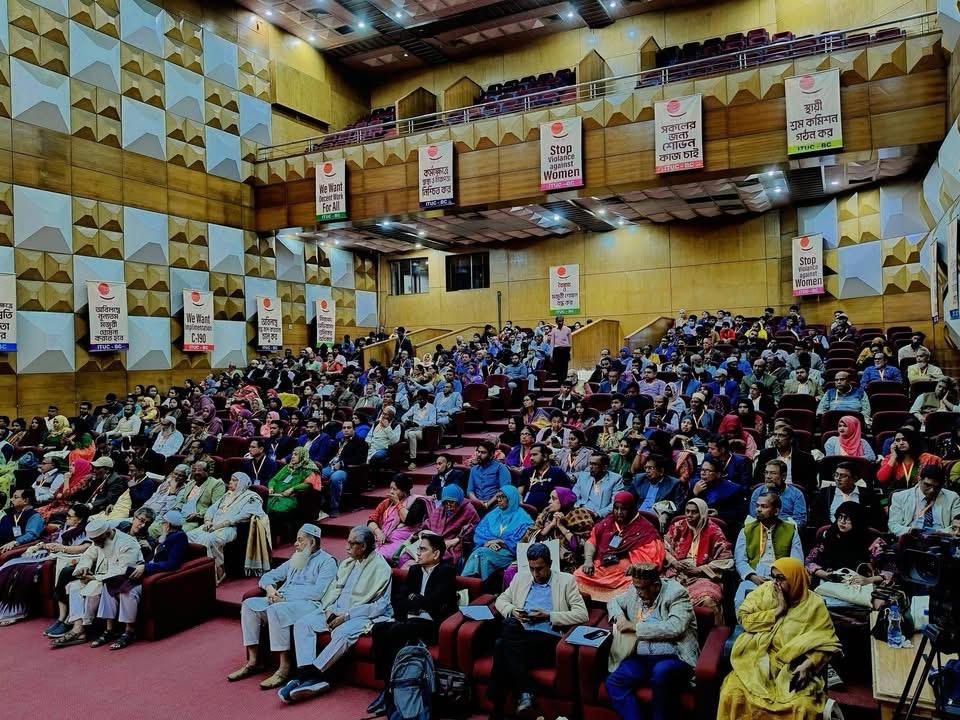





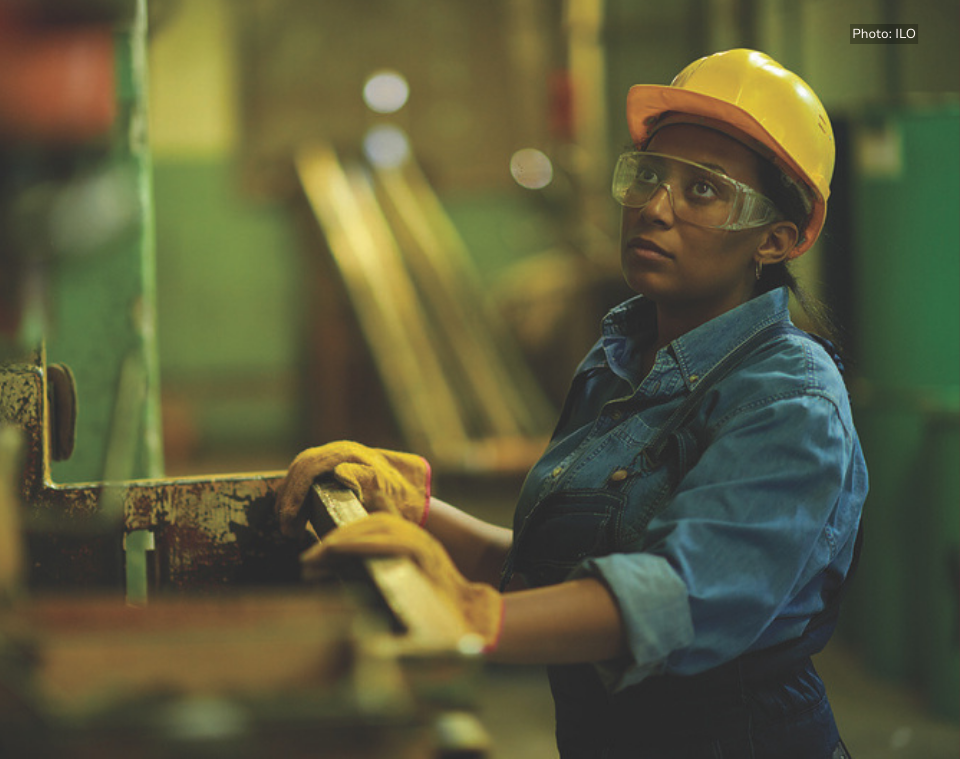





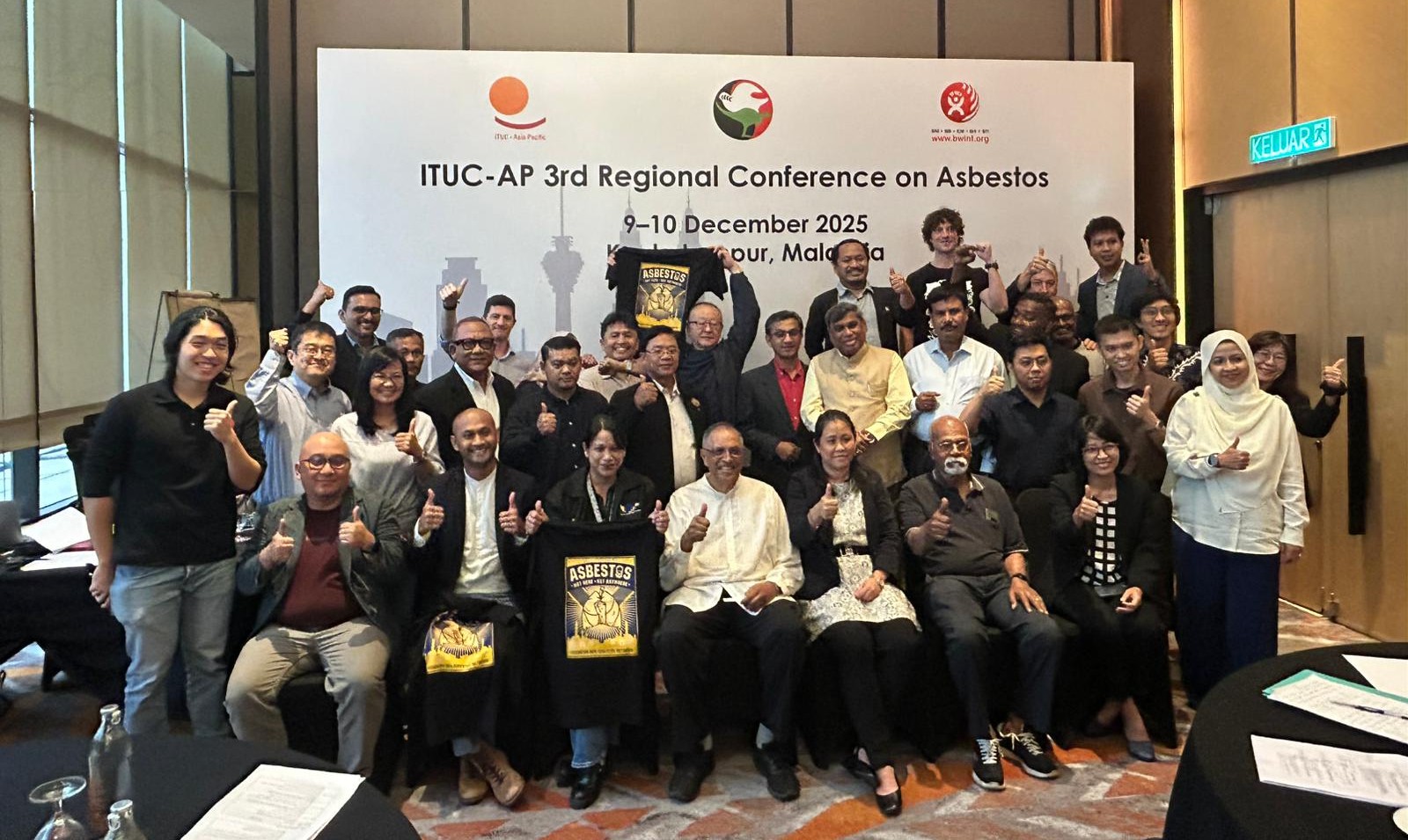











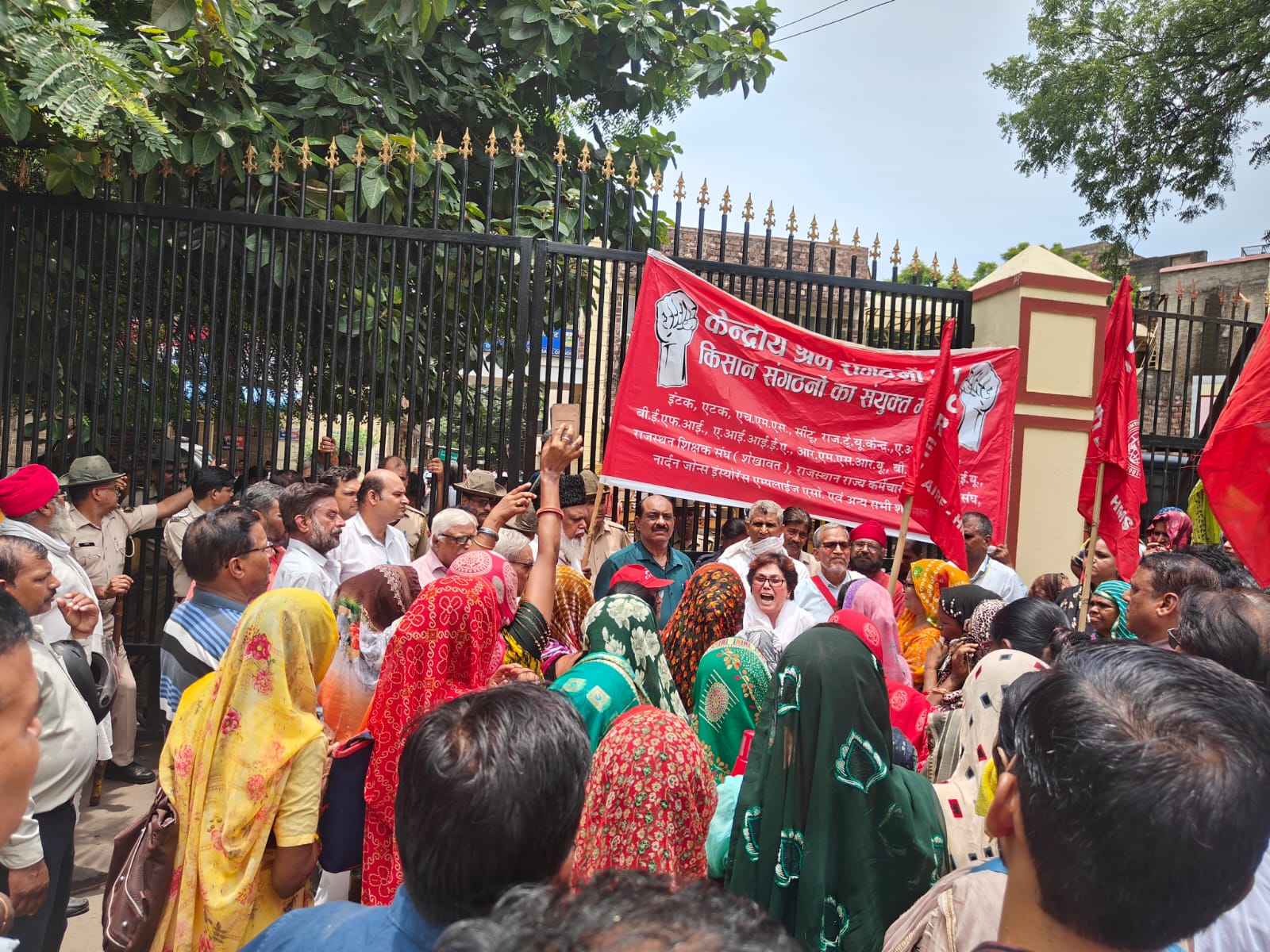





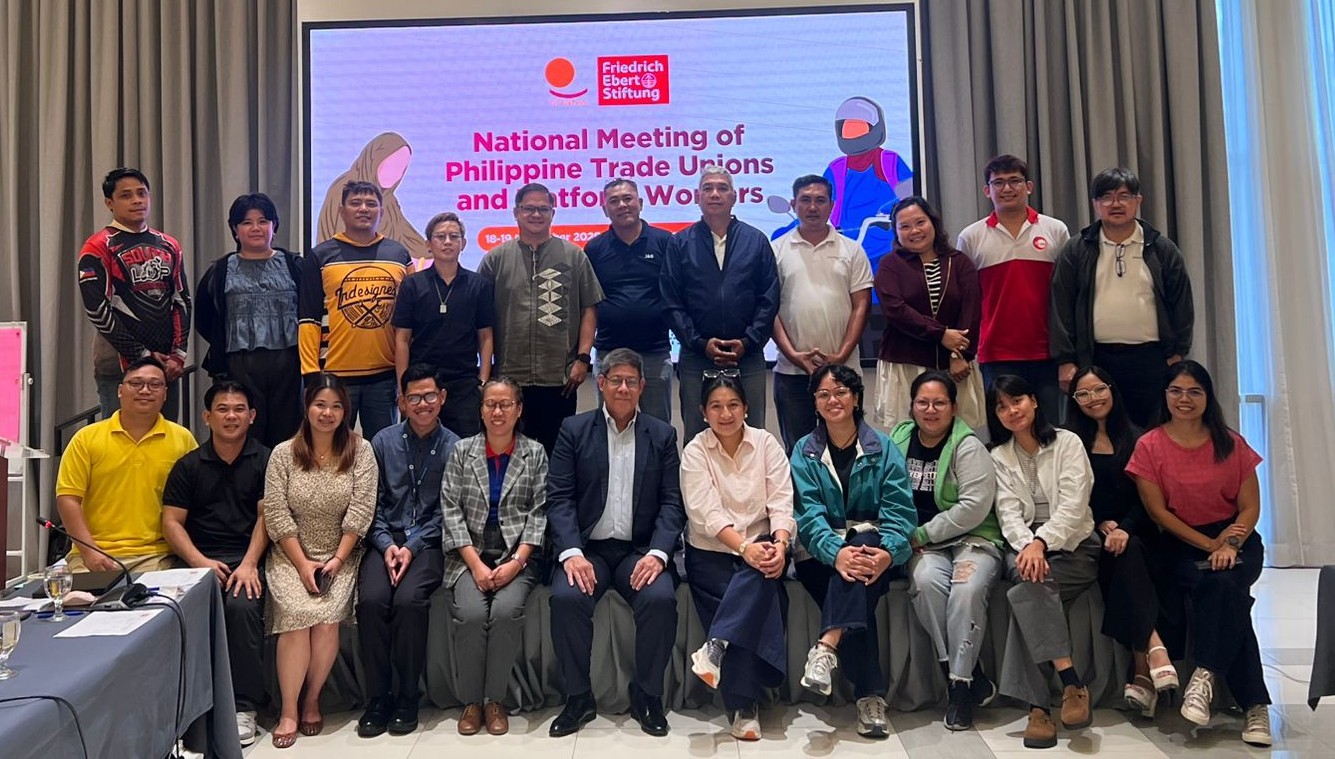





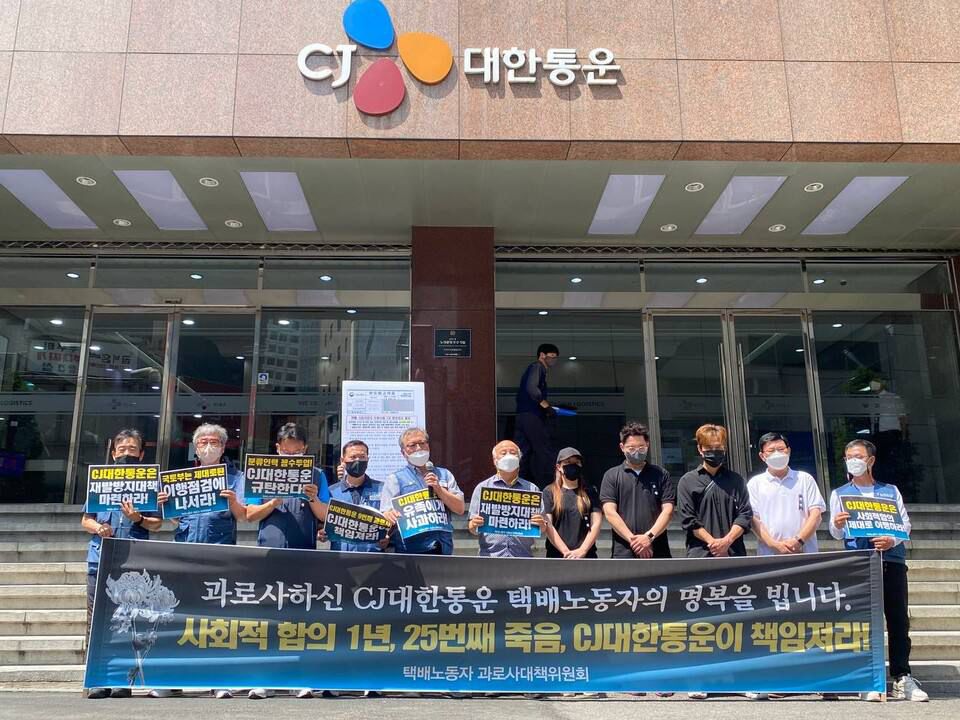





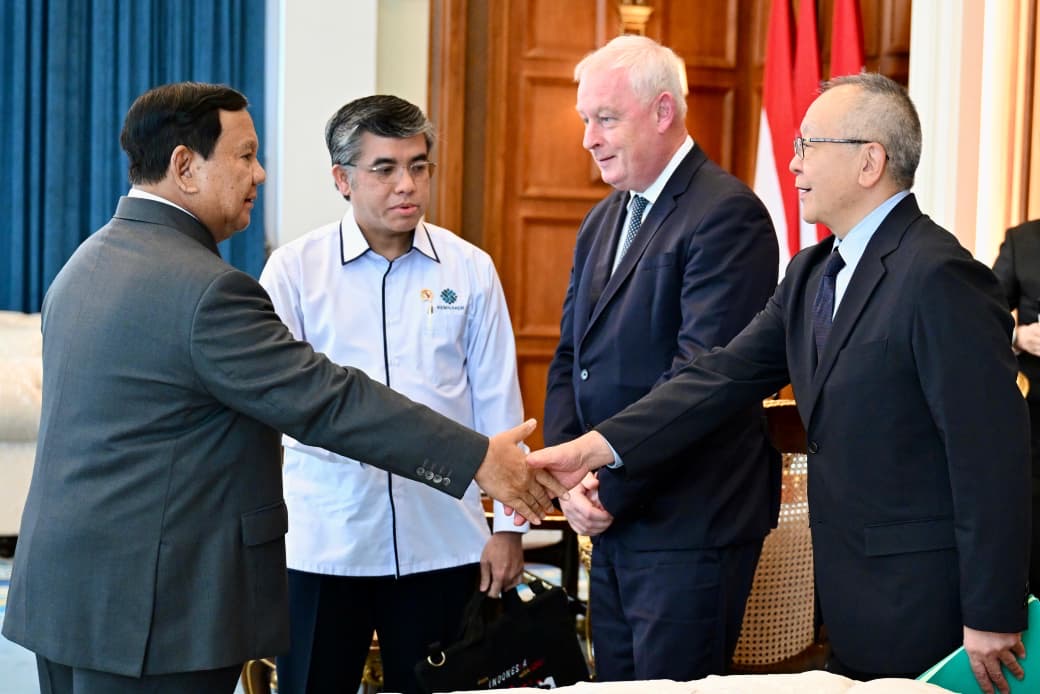





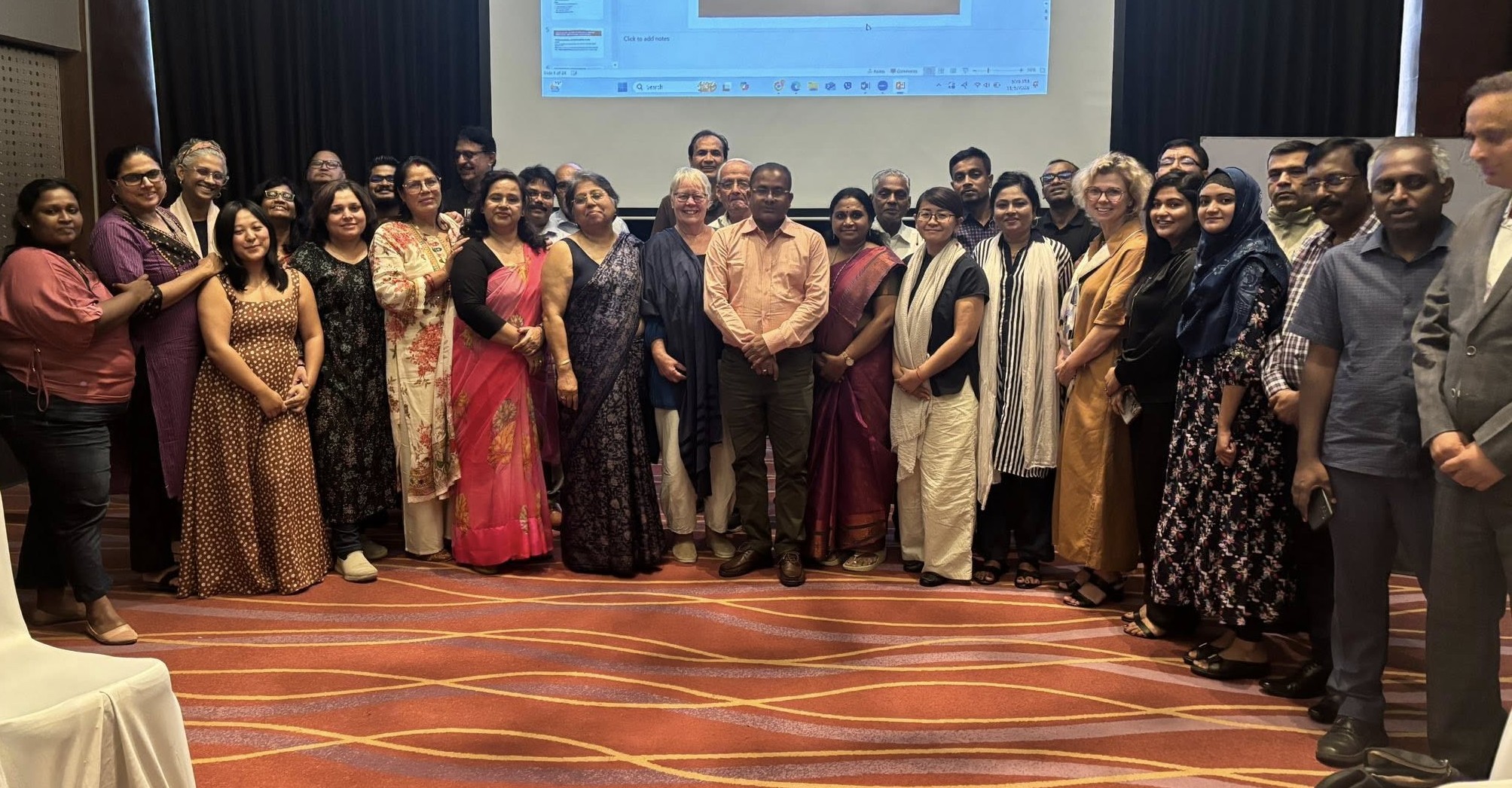





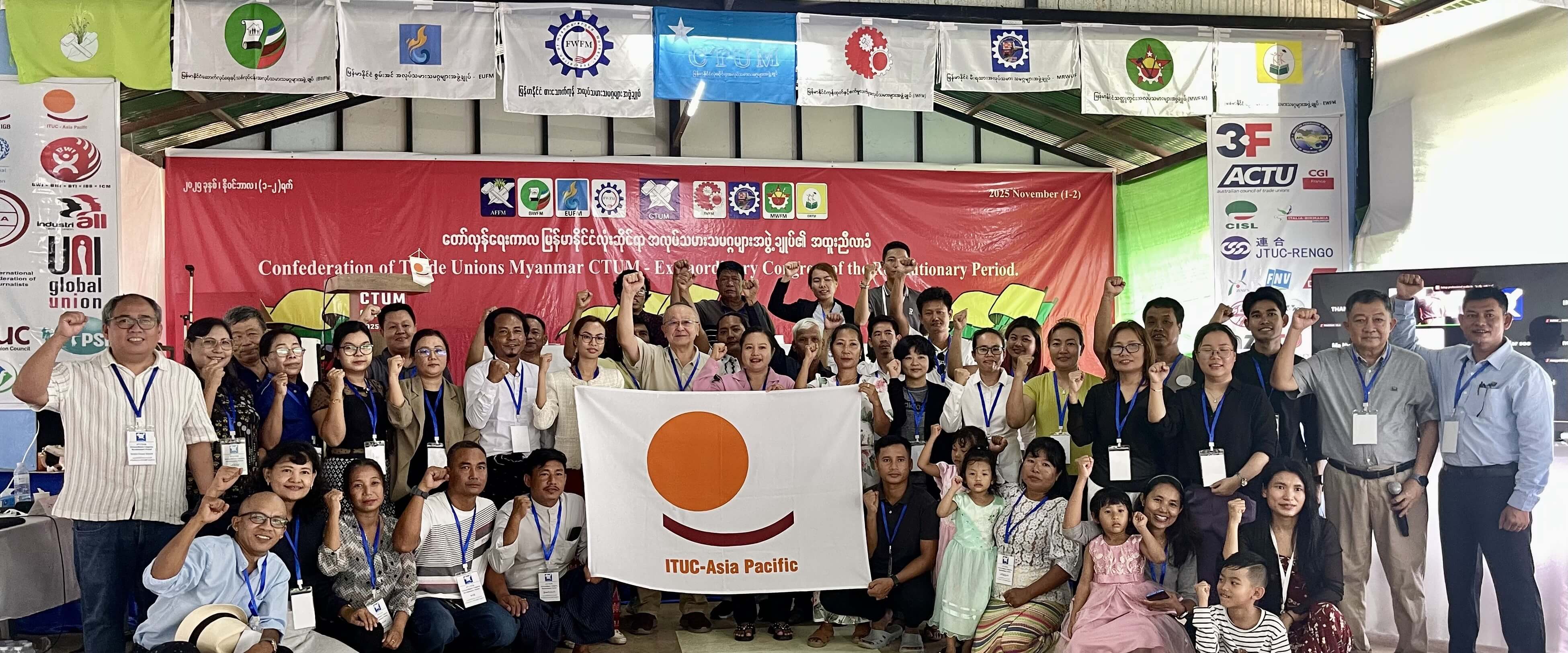





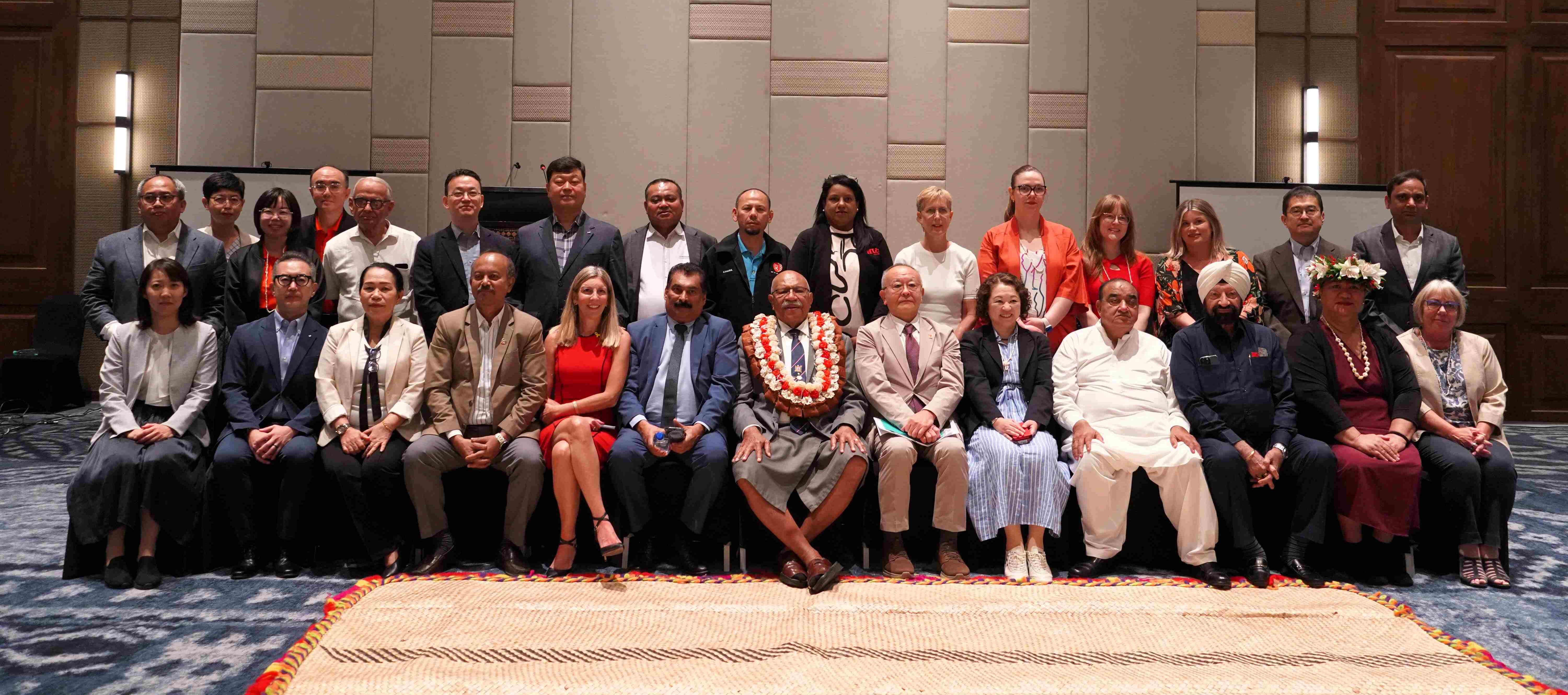





.jpg)


.jpg)








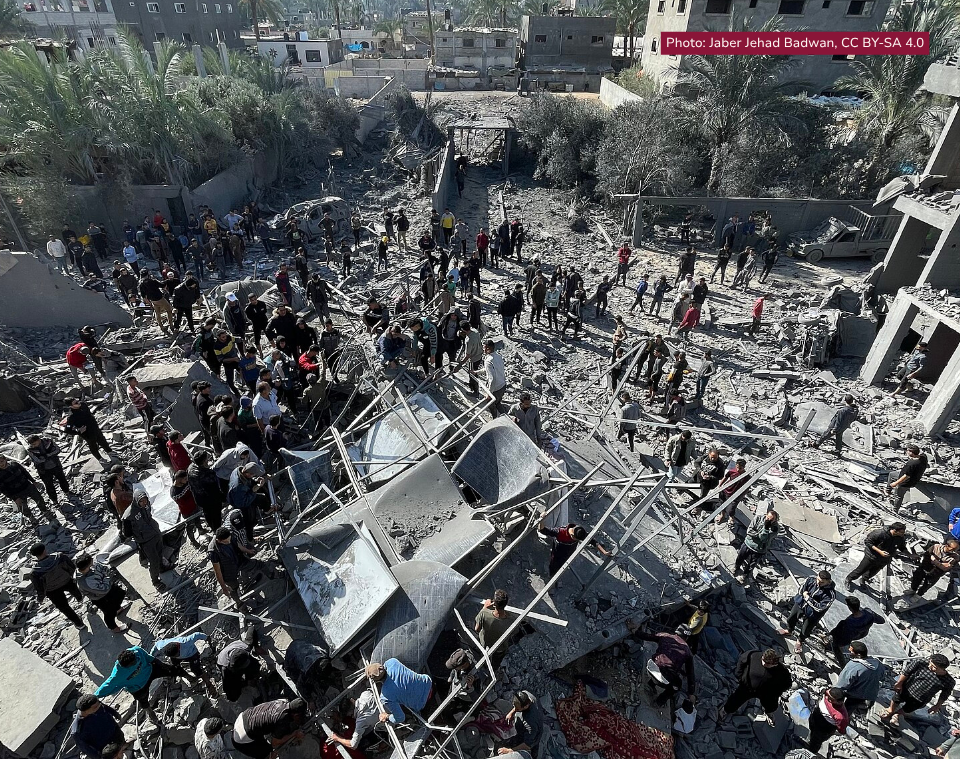





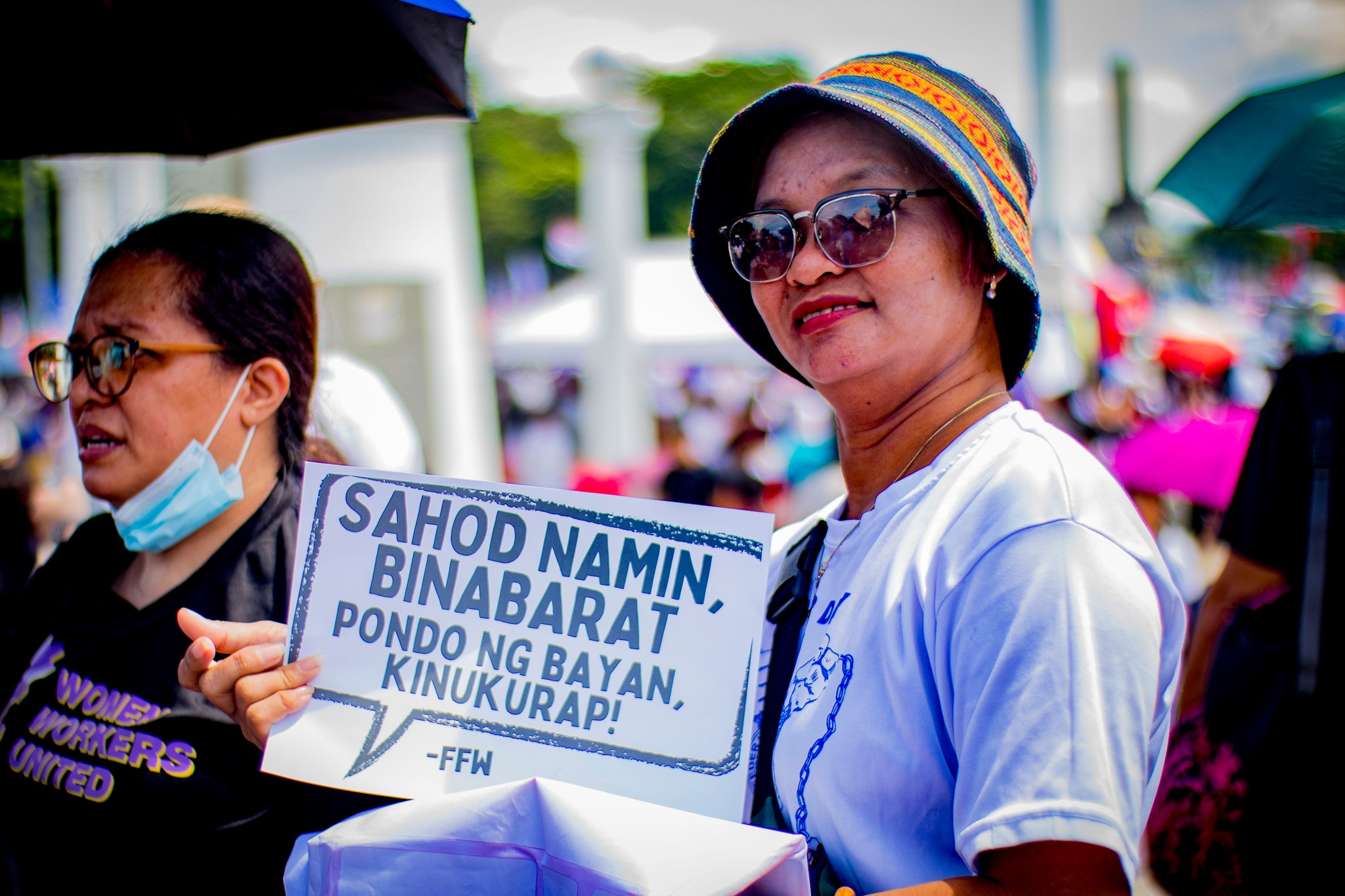





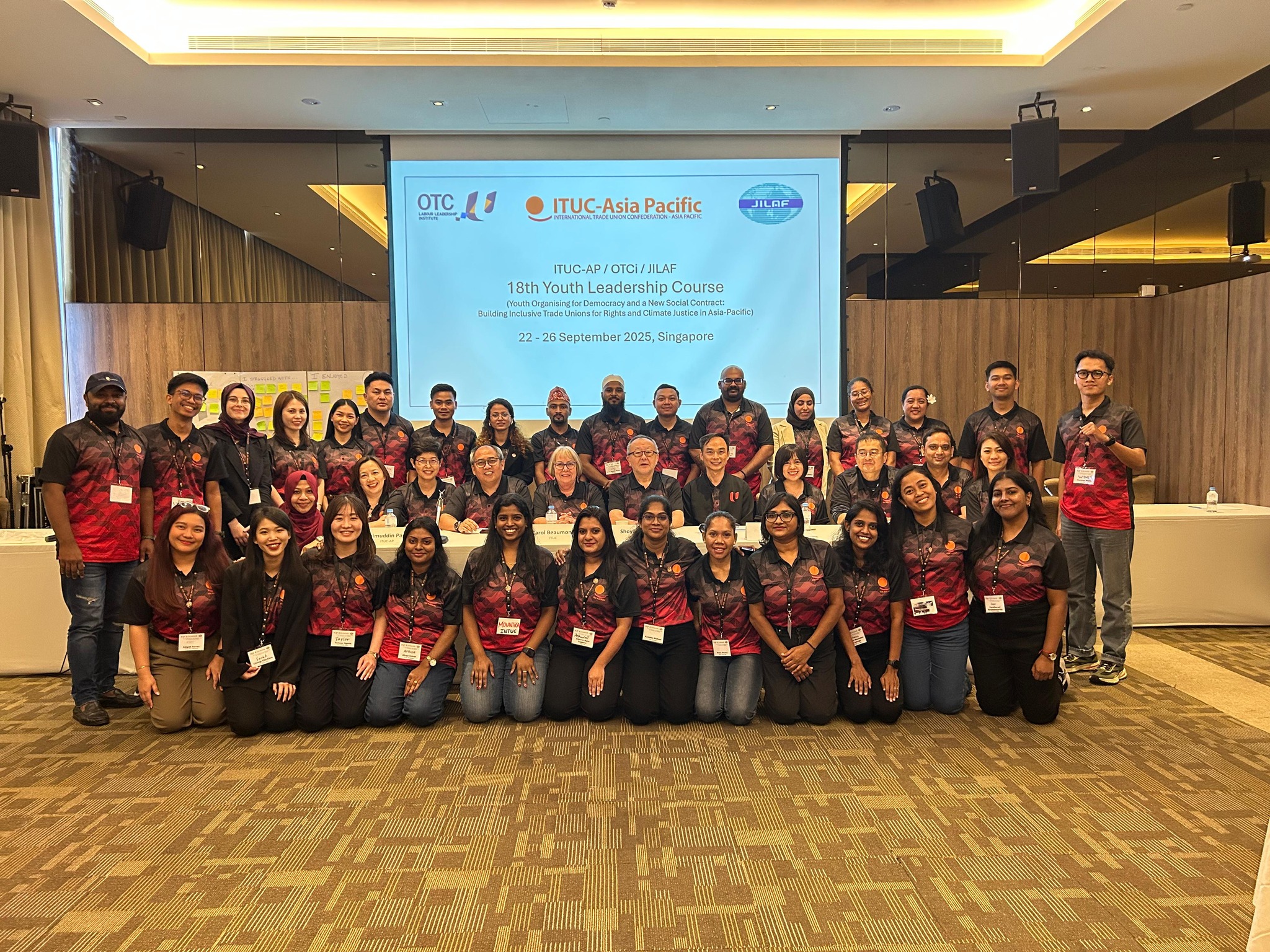





.png)


.png)








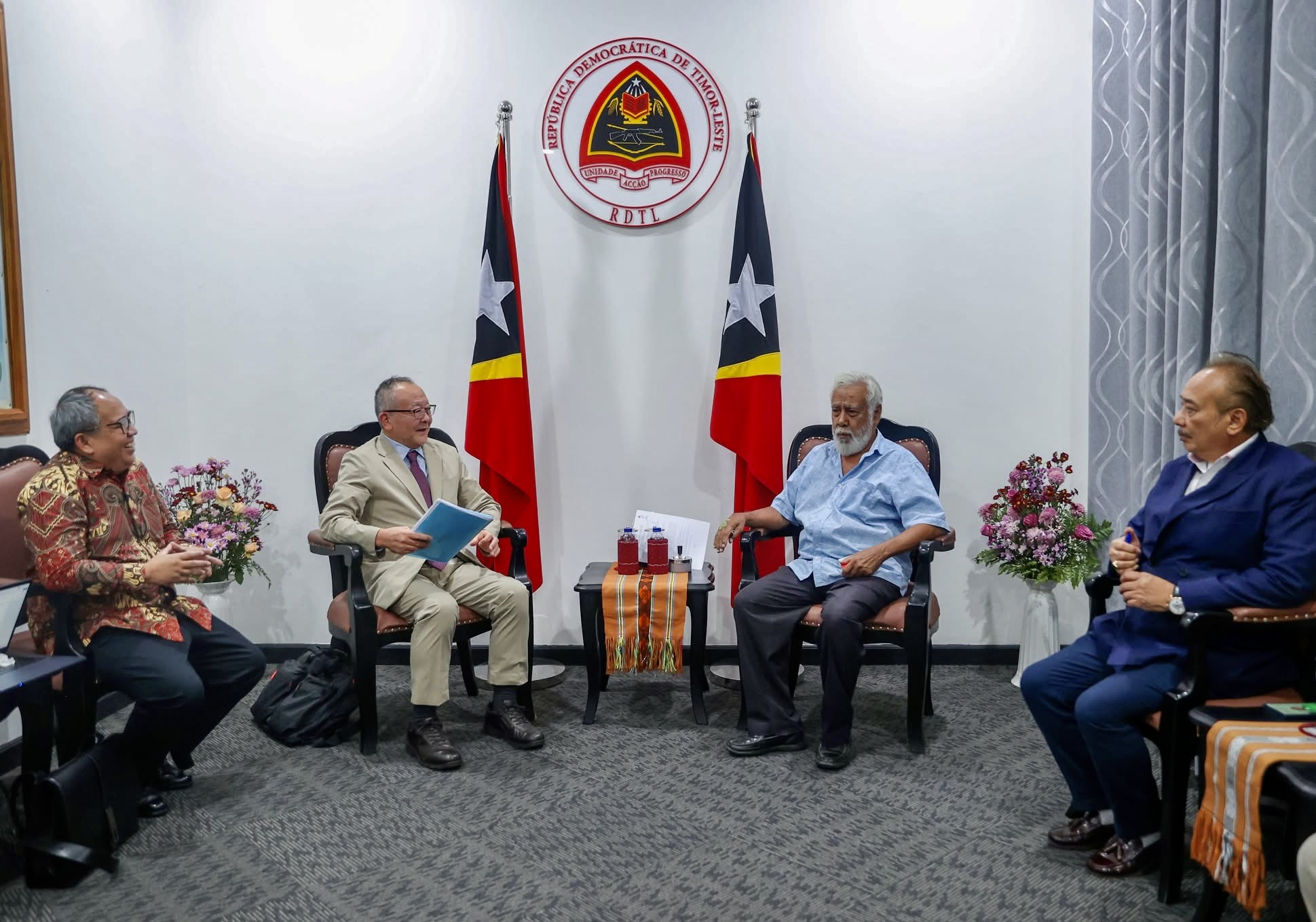





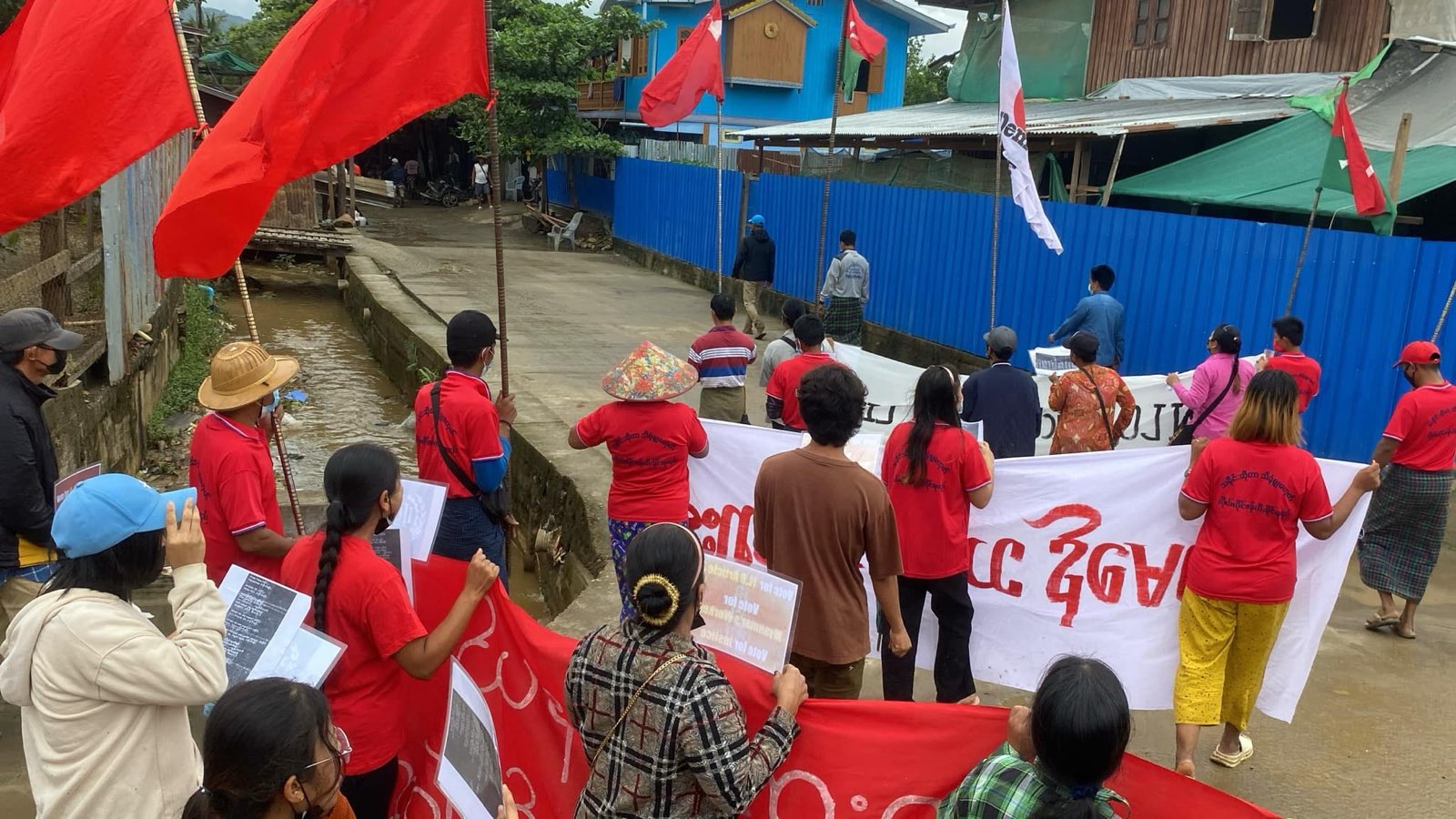





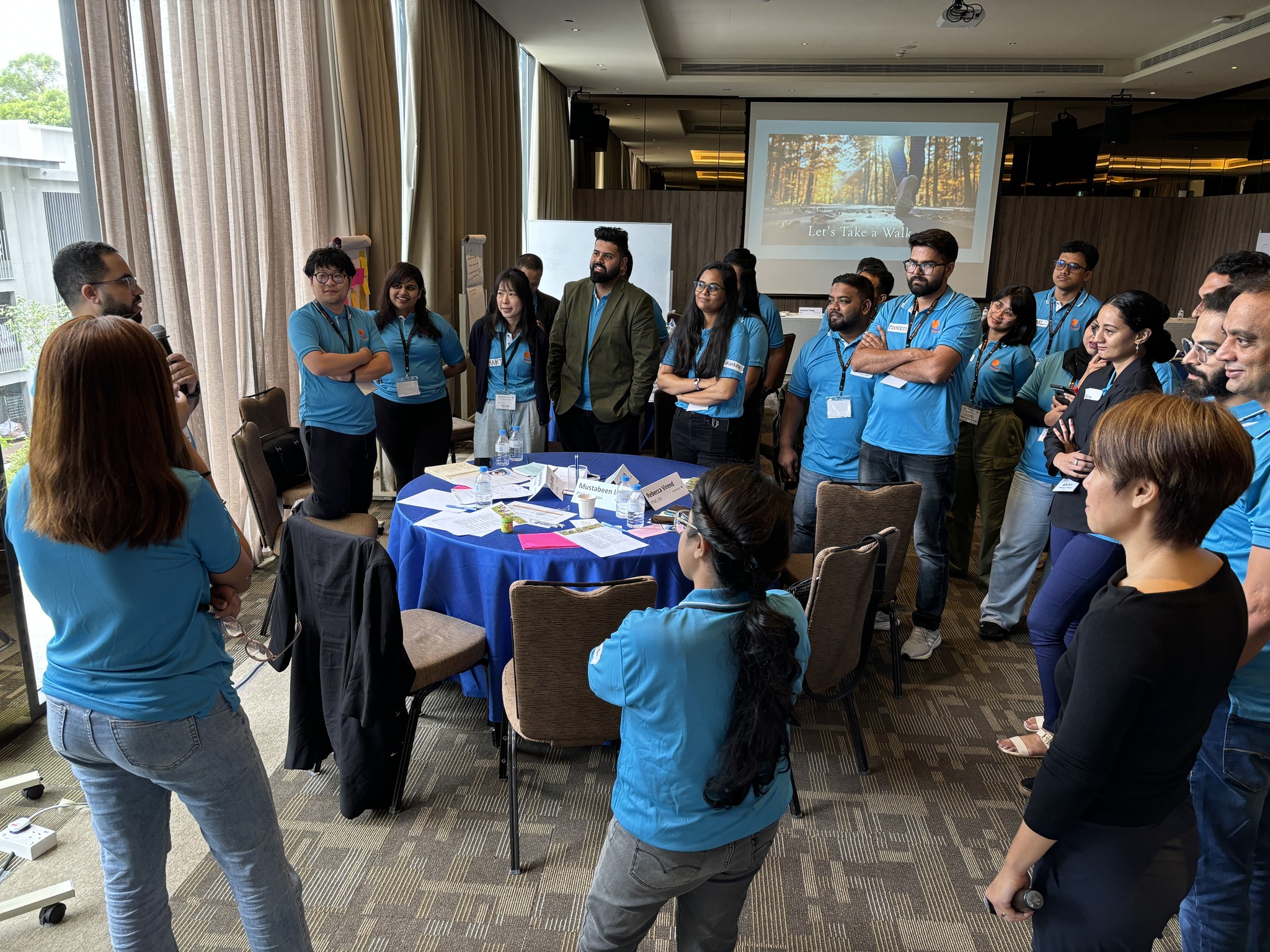





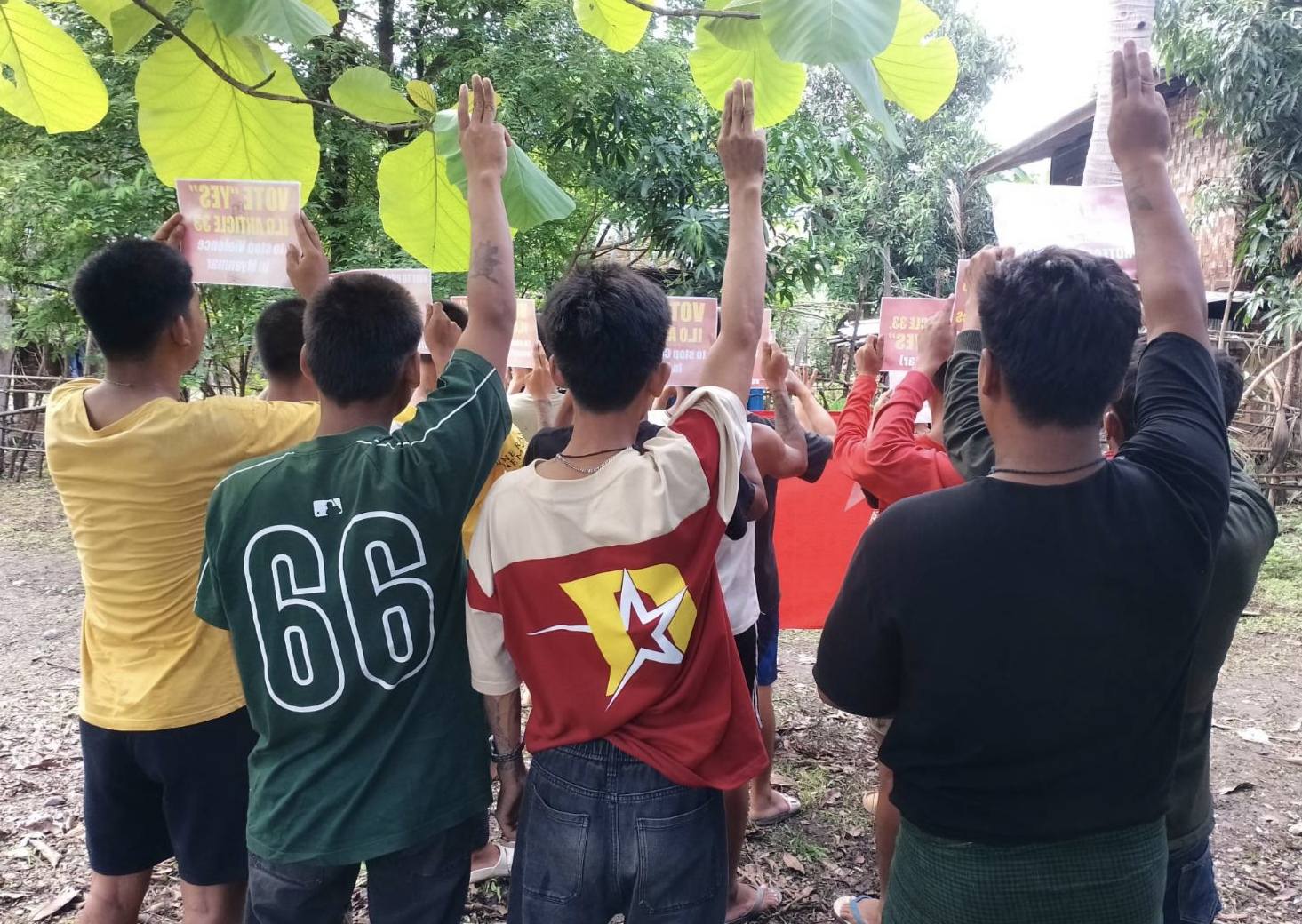





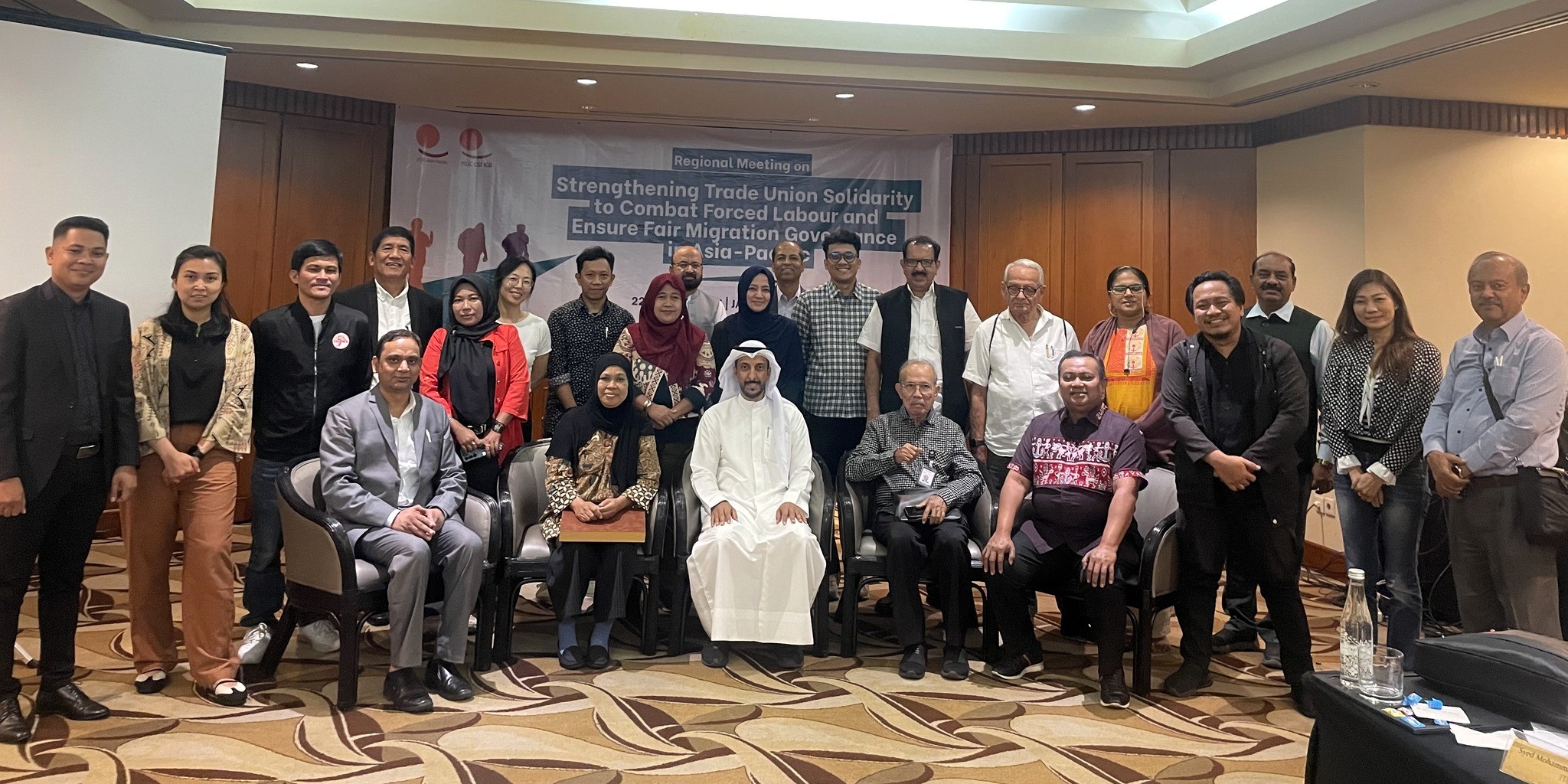























.png)


.png)














.png)


.png)
















































































































%20(1).png)


%20(1).png)
























.jpg)


.jpg)














































































.png)


.png)
























.png)


.png)














































































































.jpg)


.jpg)


























.png)


.png)

